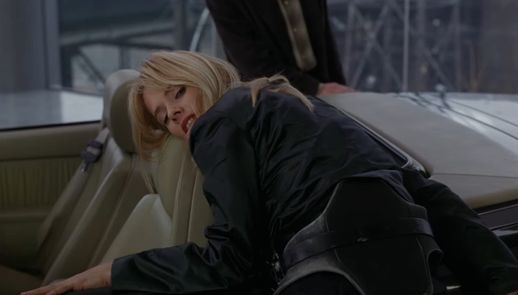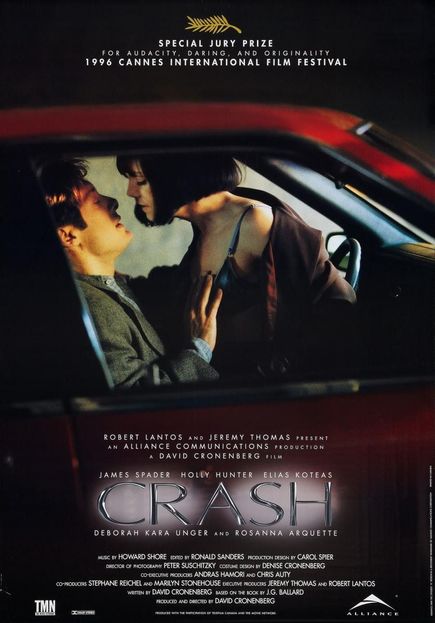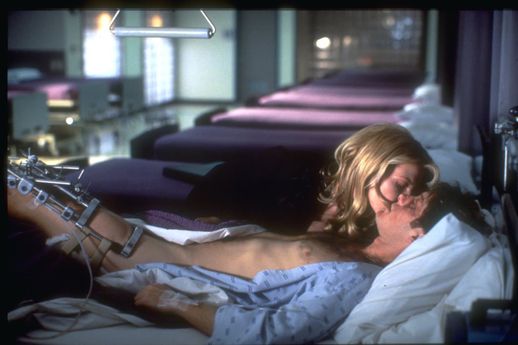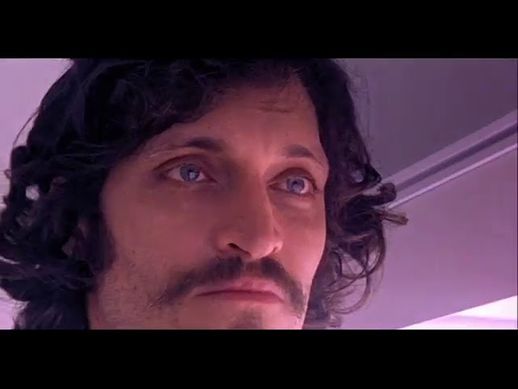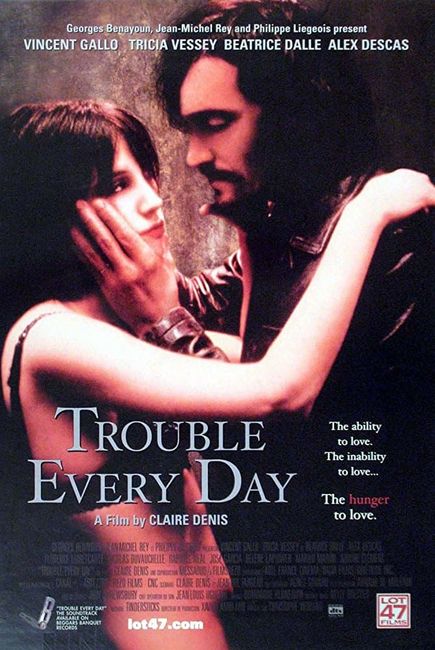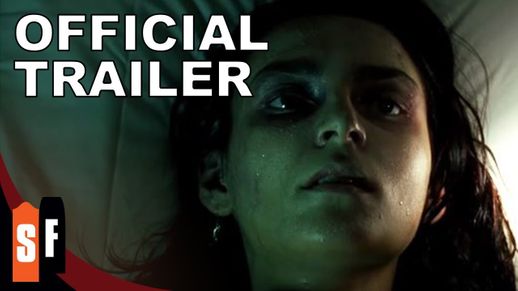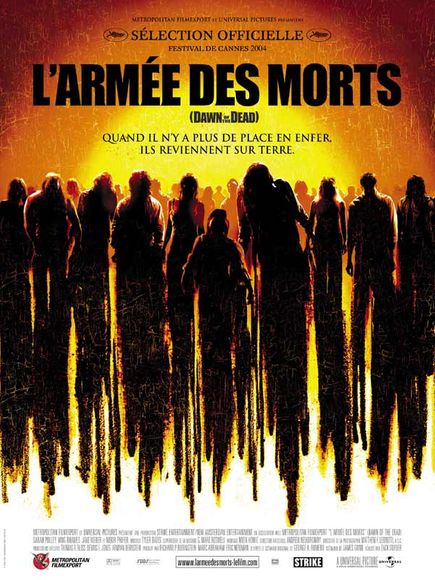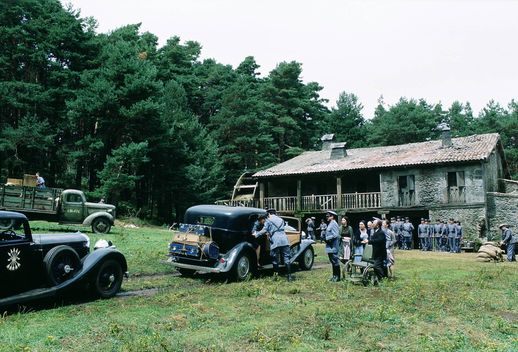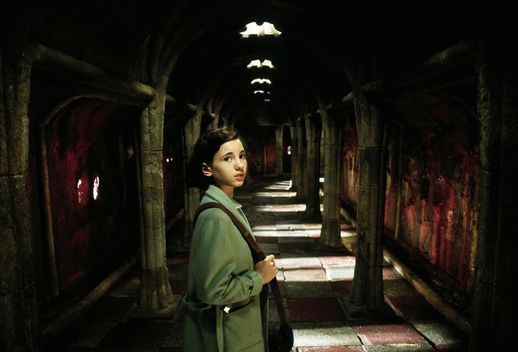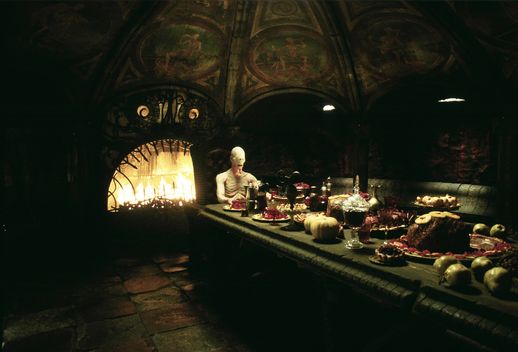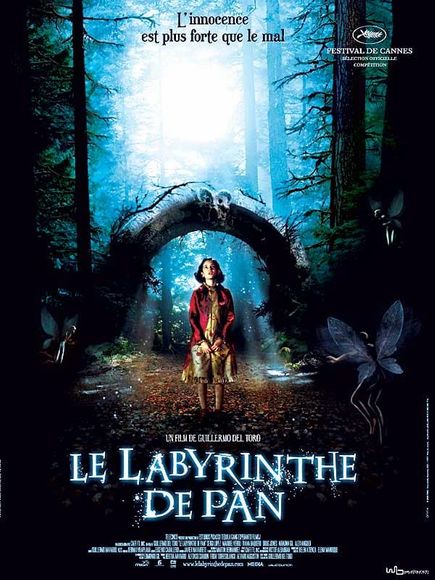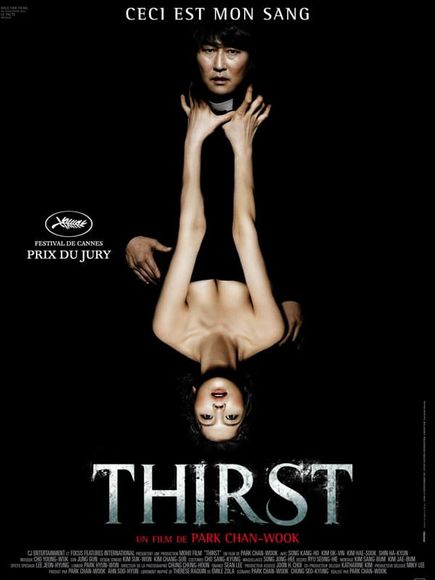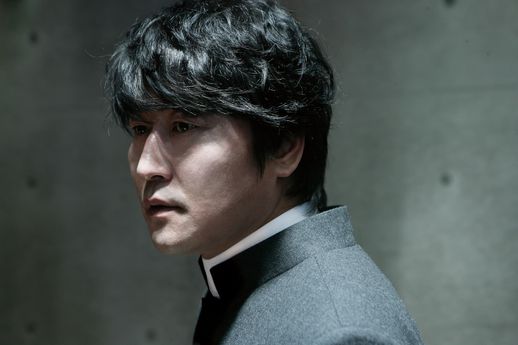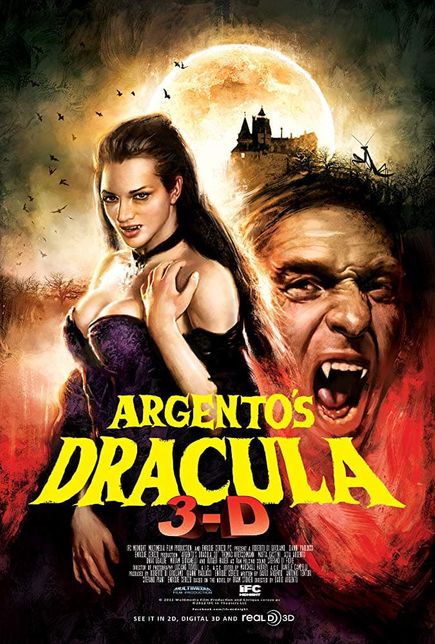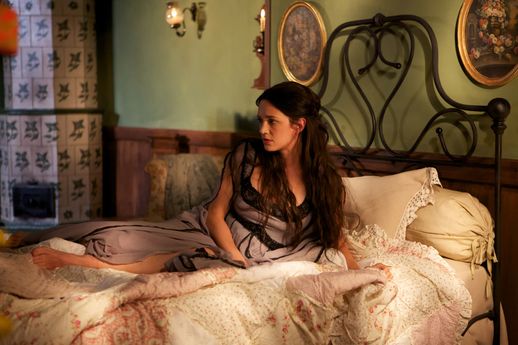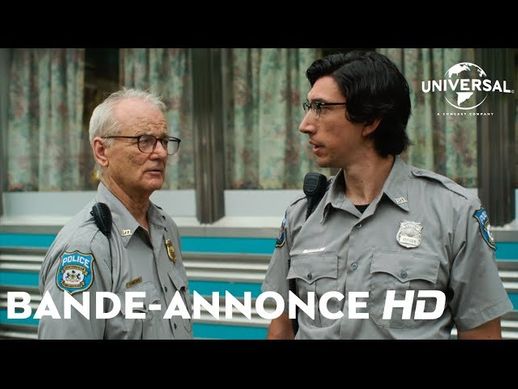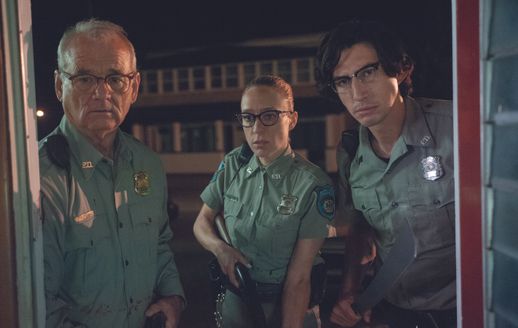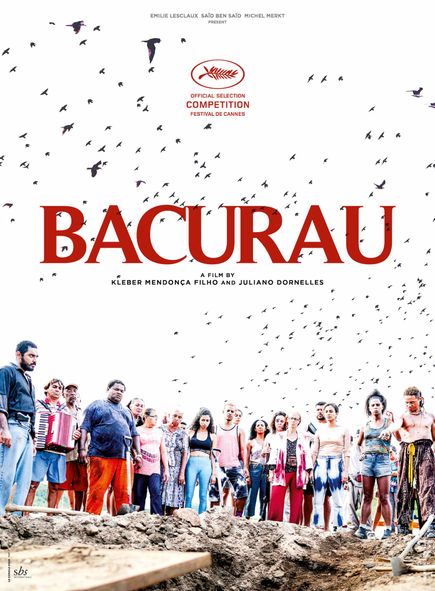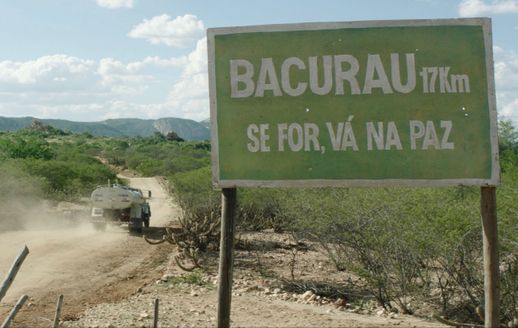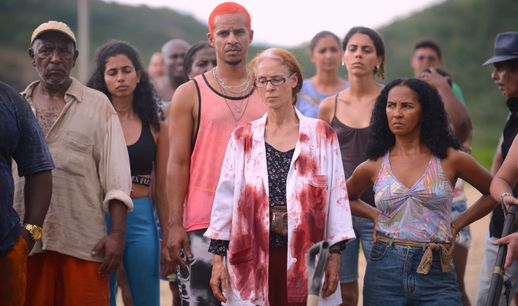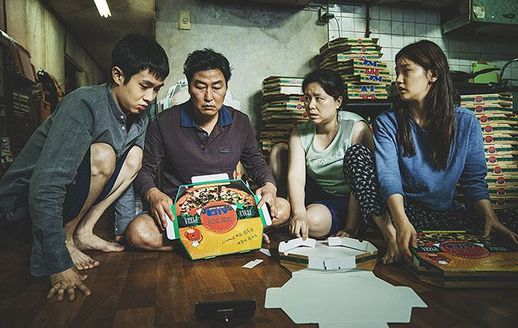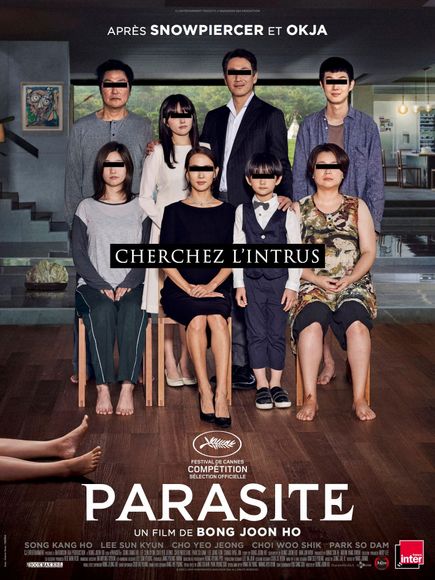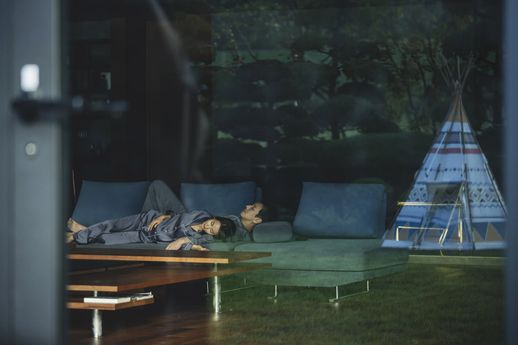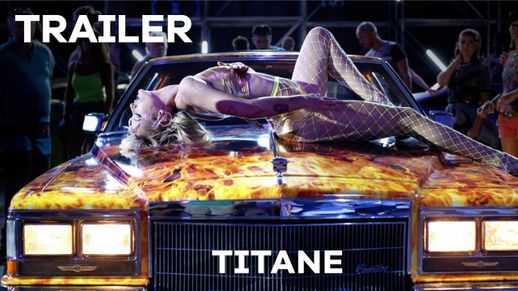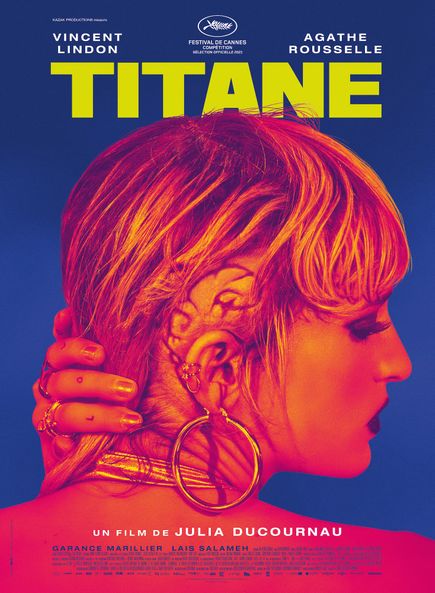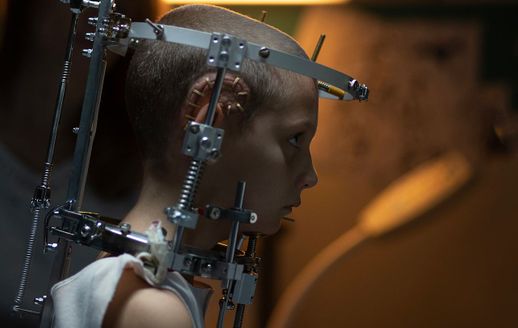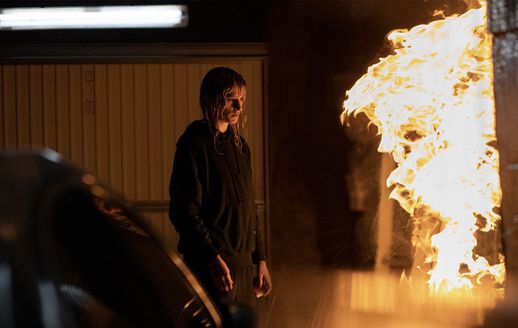Adapted from the eponymous 1973 novel by J.G. Ballard, Crash caused a stir on the Croisette in 1996, with this transgressive exploration of the link between desire and violence in the context of a car crash sparking as much applause as it did boos. The Festival Jury was as torn as the public, but ultimately awarded the controversial film by Canadian director David Cronenberg the Special Jury Prize “for originality, for daring, and for audacity”, to quote Jury President Francis Ford Coppola.
10 spine-chilling genre films at the Festival de Cannes
An occasional guest at the Festival up until 1990, genre cinema began making more regular appearances at Cannes’ Midnight Screenings from the 2000s on — sometimes even by the light of the full moon… When zombies, vampires, and other gruesome ghouls creep their way onto the Competition’s big screen, they often come away with awards. We take a look back on some of the most blood-curdling screenings yet…
« Thank you for calling for more diversity in our experiences of film and our lives. Thank you for letting in the monsters. » Julia Ducournau
French filmmaker Claire Denis spent over a decade honing the horror film that was presented Out of Competition at the 54th edition. In Trouble Every Day, Vincent Gallo and Béatrice Dalle are afflicted by the same terrible evil, drawing them into vampirism and cannibalism: but while he refrains, she succumbs. The Midnight Screening audience emerged rattled by this gory, sensual tale of all-consuming love.
Although his career went on to focus on superhero movies, American director Zack Snyder‘s first feature film was a remake of George Romero’s Zombie (1978). Screened in 2004 as a Midnight Screening, Dawn of the Dead remains faithful to the original’s ingredients: relentless zombies and a handful of survivors barricaded in a shopping mall.
Somewhere between dreamworld and period film, Pan’s Labyrinth is a fable that was presented as a preview screening at Cannes, where it received the longest standing ovation in the history of the Festival: a whopping 22 minutes! This fairy-tale for adults by Mexican filmmaker Guillermo del Toro is a powerful anti-fascist manifesto, and won the 2007 Academy Awards for Best Art Direction, Best Cinematography and Best Makeup thanks to its dark fantasy atmosphere.
Winner of the 2004 Grand Prix for Old Boy, South Korean filmmaker Park Chan-wook returned to Cannes in 2009 with Thirst, a vampire film loosely based on Émile Zola’s novel Thérèse Raquin. The trials and tribulations of a priest turned blood-thirsty vampire won him the Jury Prize for 62nd edition alongside British director Andrea Arnold’s Fish Tank.
In 2012, Dario Argento took on the Dracula myth in an unsettling 3D version screened during a Midnight Screening. Thirty-five years after Suspiria, his first foray into the world of horror, Italy’s master of chills returned with a faithful adaptation of Bram Stocker’s 1897 novel, with all the book’s gothic atmosphere and style left intact.
With eight feature films selected in Competition since 1984, Jim Jarmusch is a familiar face at the Festival de Cannes. While successive juries mostly know him as the bad boy of indie film, the American director turned his hand to a spoof with The Dead Don’t Die, an oft-referenced movie that opened the 72nd edition of the Festival and pits a glittering line-up of international stars against a bunch of punishingly persistent zombies.
A little village in north-east Brazil has been mysteriously zapped off the map as unexplained phenomena take root. Before long, villagers are dropping like flies. Bacurau starts off as a dystopia underpinned by ultra-topical themes, tackling climate change and social inequalities before blossoming into a modern-day western. This visionary film by Kleber Mendonça Filho and Juliano Dornelles won the Jury Prize in 2019.
This runaway hit by South Korean director Bong Joon-ho was a shining example of how arthouse film is more than capable of drawing in the crowds. Somewhere between a social comedy, thriller and horror flick, the film follows the trials and tribulations of the Kim family as they break into the ultra-wealthy Park household. Screened in its world première at the 72nd edition of the Festival de Cannes, Parasite won both the Palme d’Or and the Academy Award for Best Picture: a double triumph that was last accomplished in 1955.
Twenty-five years after Crash, Titane set Cannes alight with the smell of gas fumes again. In this unnerving feature film that riffs on genres and breaks boundaries, flesh and sheet metal meld together as hybrid bodies take shape. The outrage triggered by its screening didn’t stop the Jury of the 74th edition from awarding it the Palme d’Or, making French director Julia Ducournau the second female filmmaker to win the Festival’s top award, after Jane Campion in 1993.
